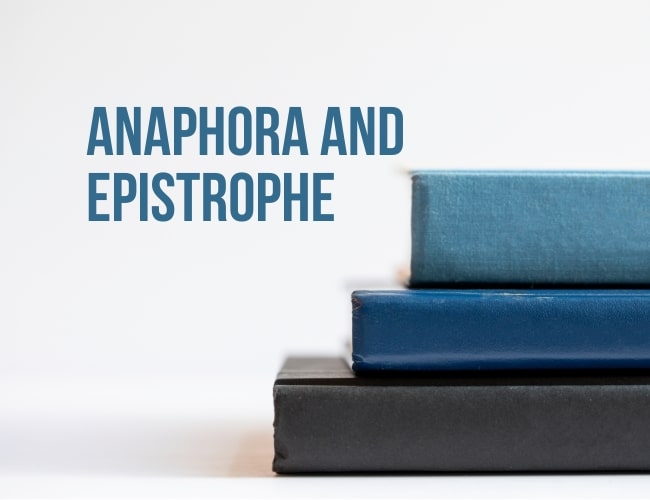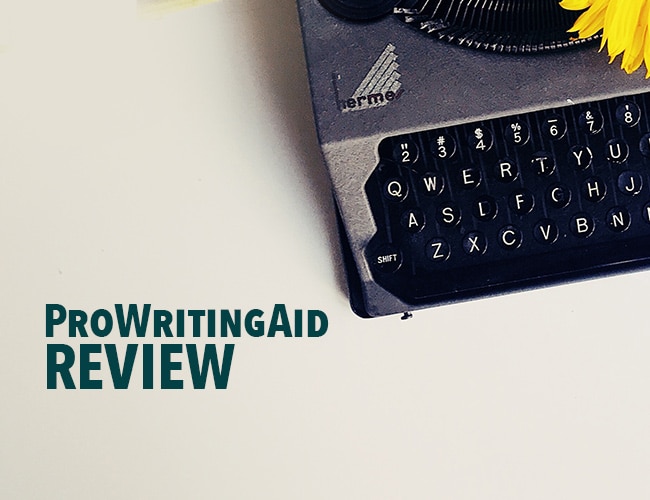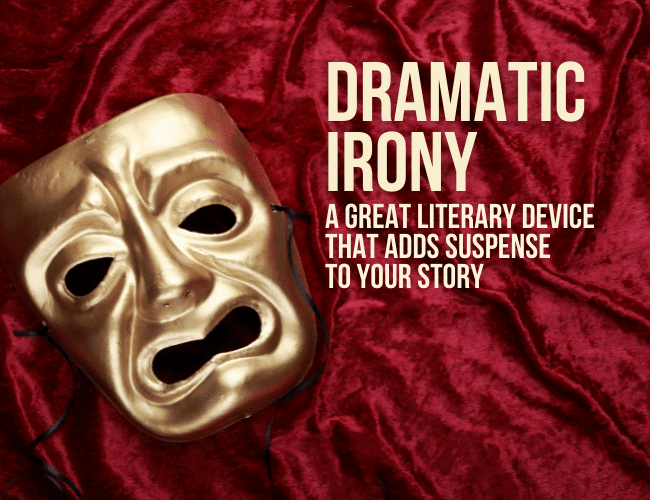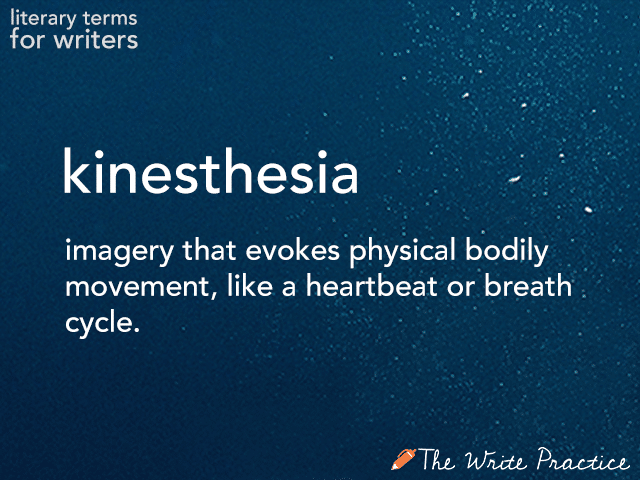
by Liz Bureman and Elizabeth Nettleton |
Afterward and afterword might sound similar, but they are in fact completely different words. So, what do they each mean? And when should you use them? Today, we’re looking at afterward vs. afterword and their usages in writing.

by Sue Weems and Liz Bureman |
Last Wednesday through Sunday, I went to Reykjavik with some friends thanks to Groupon. Fortunately, the jet lag hasn’t hit much since coming home, but it was a great weekend. We saw the Northern Lights, we saw waterfalls, we saw geysers, and we saw a place where two tectonic plates meet.
By the way, that last text pattern, with the repetition of “we saw”, is what’s called anaphora.

by Alice Sudlow |
ProWritingAid is a grammar checker and style editor meant to help you improve your writing and become a better writer. How does it work? And would it be a useful tool for you? I tested it to find out, and I’ll break it all down for you in this ProWritingAid review.

by Joslyn Chase |
Do you remember the first time you read Romeo and Juliet? Did you cringe when Romeo kills himself, knowing that Juliet is still alive? This is a perfect example of how to use dramatic irony in your story—a literary device that will inevitably add suspense into your novel.
Dramatic irony can be used in any story regardless of genre, but it is especially useful when writing stories that you want to increase tension and suspense.
In this article, you’ll learn about dramatic irony, another useful technique that keeps readers on the edge of their seats.

by Liz Bureman |
It’s kind of fun when words that refer to literary techniques have their origin in other disciplines. Take kinesiology, for example. I had several friends in college who were kinesiology majors, which means that they studied the science of human movement. That general idea of movement is also reflected in today’s new literary word: kinesthesia.

by Joe Bunting and Ruthanne Reid |
Plot has a specific structure. It follows a format that sucks readers in; introduces characters and character development at a pace guaranteed to create fans; and compels readers to keep reading in order to satisfy conflict and answer questions.
Do you want readers to love your story? (Who doesn’t, am I right?) Then you need to understand plot.








